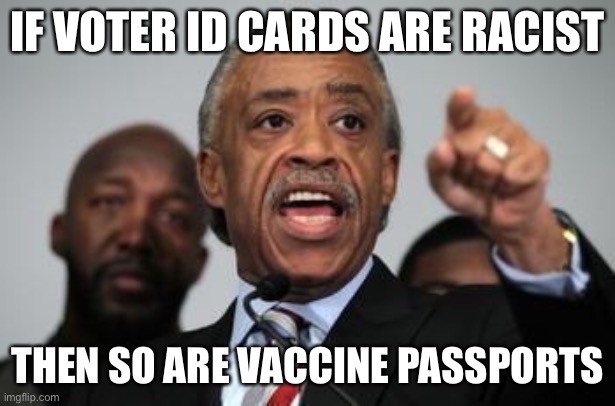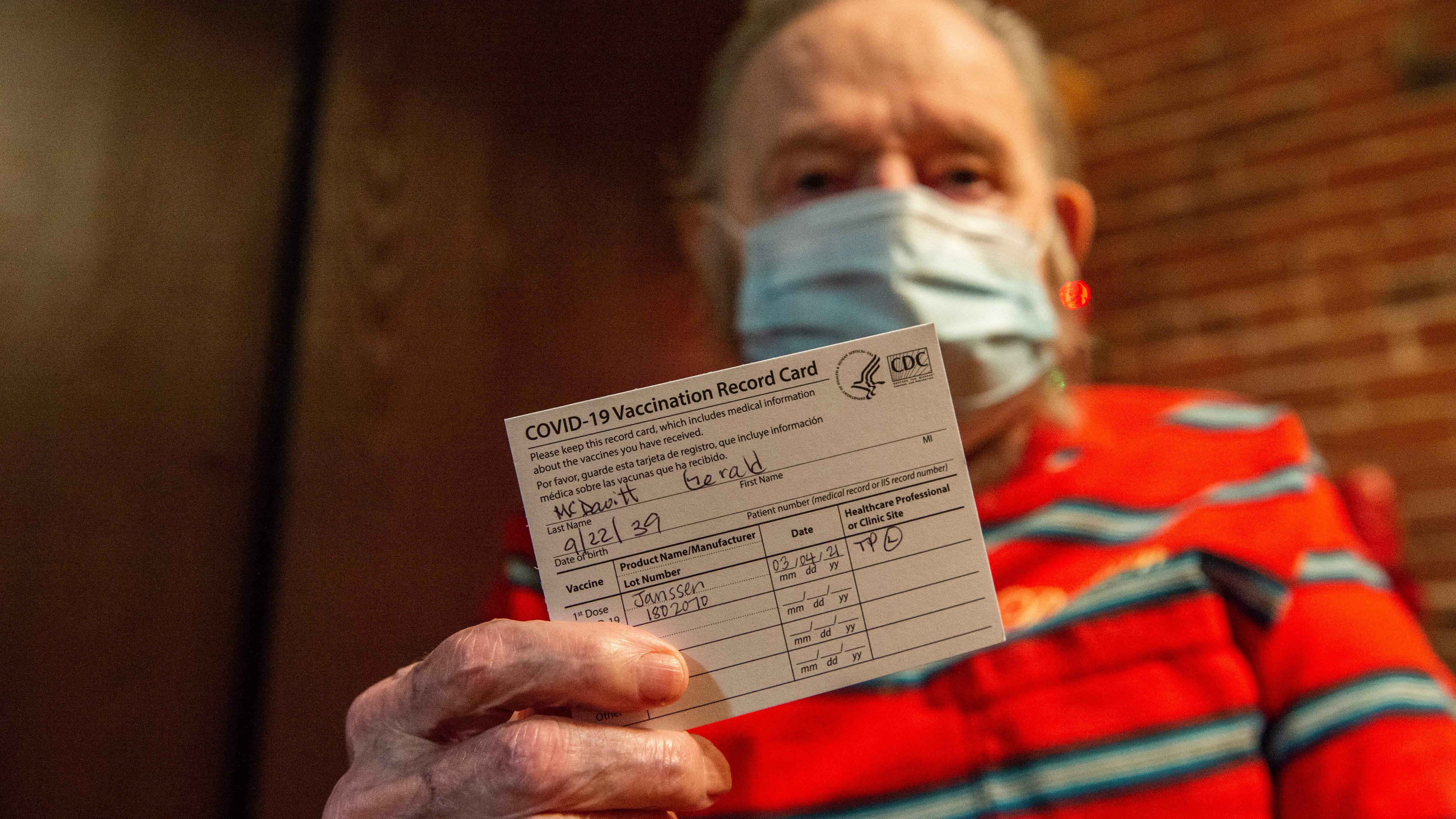


Armed with the language of the abortion rights movement, anti-vaccine forces have converged with right-leaning causes to protest COVID precautions. Similar scenes have played out across the country during the pandemic. It was the "Defeat the Mandates Rally," a jubilant gathering of anti-vaccine activists in April to protest the few remaining COVID-19 guidelines, such as mask mandates on mass transit and vaccination requirements for health care workers.

It wasn't a protest against the recent U.S. Amid the festivity, people waved flags, sported T-shirts and sold buttons - all emblazoned with a familiar slogan: "My Body, My Choice." In the shadow of L.A.'s art deco City Hall, musicians jammed onstage, kids got their faces painted, and families picnicked on lawn chairs. Despite using a phrase that originated with the abortion rights movement, he opposes abortion. Qantas has said it may require vaccinations for those flying, while some Australian employers could legally order their employees to be vaccinated.Steve Bova (center) traveled from Maryland to Los Angeles with the "People's Convoy" to protest covid-19 restrictions. The owner of Pimlico Plumbers, based in London, intends to require workers to have been vaccinated before they are sent on jobs, while Unilever hopes to “encourage” all of its employees to take up the vaccine. “This dangerous plan would normalise identity checks, increase state control over law-abiding citizens and create a honeypot for cybercriminals.”īut despite the opposition, such schemes are gaining support. “Digital IDs would lead to sensitive records spanning medical, work, travel, and biometric data about each and every one of us being held at the fingertips of authorities and state bureaucrats.
#VACCINE PASSPORT MEME FREE#
“Vaccine passports would create the backbone of an oppressive digital ID system and could easily lead to a health apartheid that’s incompatible with a free and democratic country,” says Silkie Carlo, director of Big Brother Watch. Contracts for £34,000 and £42,000 were granted last year to two London-based companies, the Hub and Netcompany, to build a “minimum viable product”.Ĭivil liberties organisations are alarmed about the project. Separately, the DHSC has contracted out its own investigation of a similar proposal for test passports, which would allow individuals to prove they had received a negative test. A coalition of American organisations, including Microsoft, Oracle and the Mayo Clinic, has launched the Vaccination Credential Initiative, aiming to establish wider standards to prevent individuals falsely claiming they have been vaccinated. The UK companies are not the only ones working on a solution. If successful, this should in time lead to a reassessment of current restrictions.” As large numbers of people from at-risk groups are vaccinated, we will be able to gather the evidence to prove the impact on infection rates, hospitalisation and reduced deaths. A spokesperson says: “At this stage of the vaccination programme, it is not clear whether vaccines will prevent transmission. But the Department of Health and Social Care (DHSC) says it has no plans to introduce a vaccine passport nationwide. Mvine and iProov are moving into the testing phase of their app, which received £75,000 startup funding from the UK government last year. Universities might make the same choice.” Aside from travel, employers may decide that access to offices is only safe if an employee or a visitor has one. This kind of digital vaccination certificate may well be needed for travel abroad in future. “Paper vaccination certificates have been a feature of travel to some countries for many years. “Travel is the obvious example,” he says. Bud envisions such passports being used in a variety of situations.


 0 kommentar(er)
0 kommentar(er)
